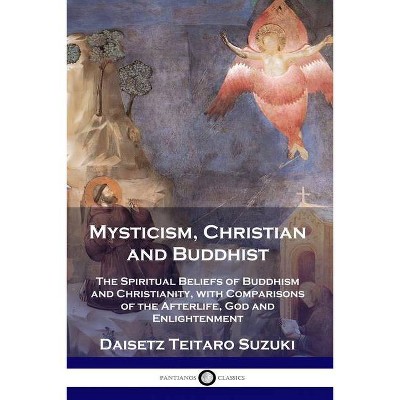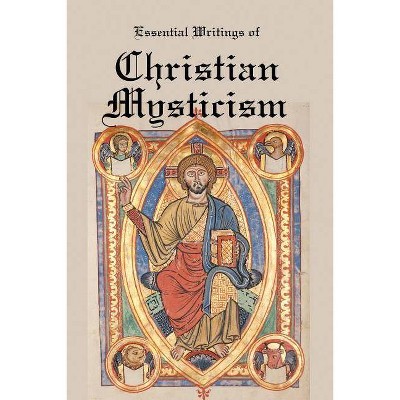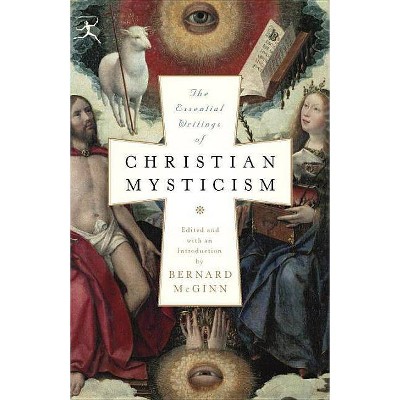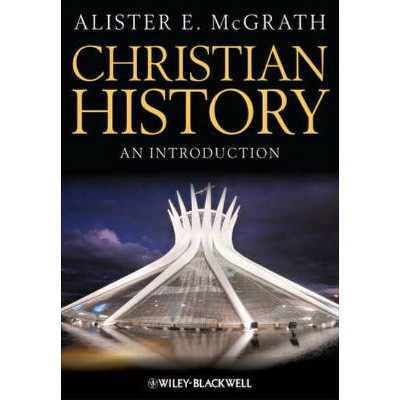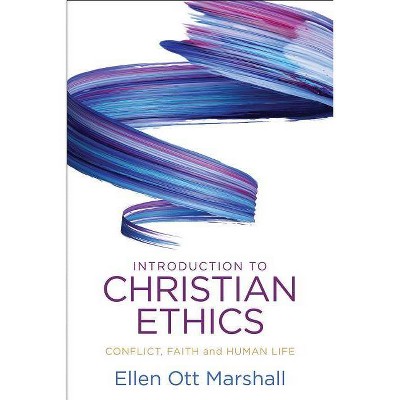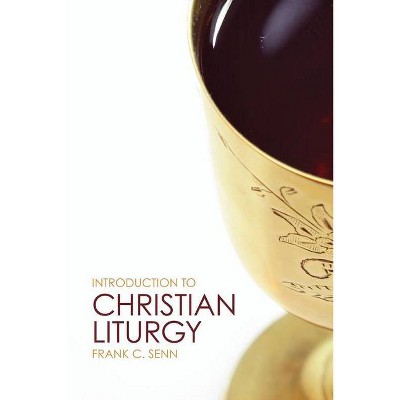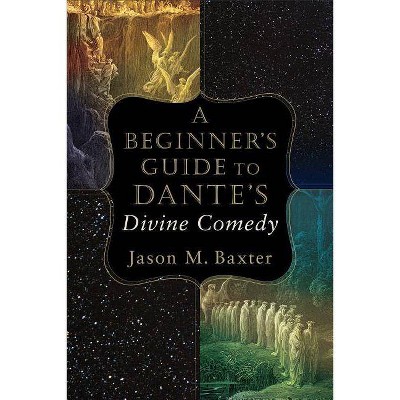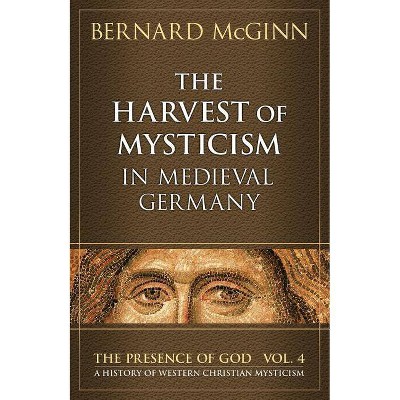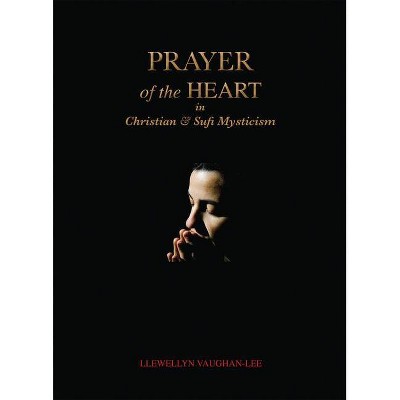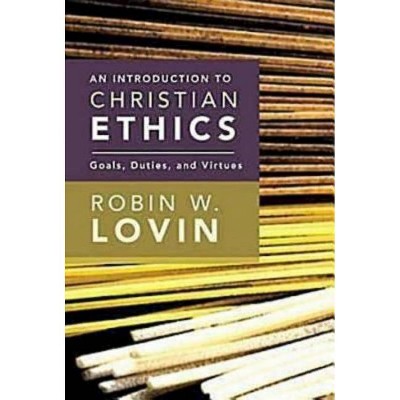An Introduction to Christian Mysticism - by Jason M Baxter (Paperback)
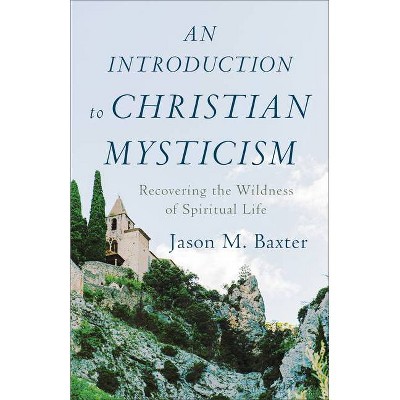
Similar Products
Products of same category from the store
AllProduct info
<p/><br></br><p><b> About the Book </b></p></br></br>This brief, accessibly written volume introduces key figures, texts, and themes of the mystical tradition, showing that the mystics have much to say to contemporary Christians searching for authentic modes of spirituality.<p/><br></br><p><b> Book Synopsis </b></p></br></br>This brief, accessibly written volume introduces key figures, texts, and themes of the mystical tradition and shows how and why the mystics can speak to the church today. Jason Baxter, an expert educator and storyteller, explains that the mystical tradition offers a more robust understanding of God than our current shallow conceptions. Featuring engagement with primary sources and suitable for use in a variety of courses, this book argues that the mystics have much to say to contemporary Christians searching for authentic modes of spirituality.<p/><br></br><p><b> From the Back Cover </b></p></br></br>This accessibly written volume introduces key figures, texts, and themes of the mystical tradition, showing that the mystics have much to say to contemporary Christians searching for authentic modes of spirituality.<br/><br/>"Any undergraduate or general reader who wishes to take his or her first steps in learning about Christian mysticism can do no better than to read Baxter's remarkable, clear, and thorough <i>Introduction to Christian Mysticism</i>."<br/>--<b>Kevin Hart</b>, University of Virginia<br/><br/>"Baxter gives us Christian mysticism <i>undomesticated</i>--bold, inflamed, insistent, pushing to the very boundaries of speech, and communing with God beyond every merely human mode of communication. He reminds us that <i>lectio divina</i> is not merely pious but wild, and that yearning for God cannot be kept politely fenced in. He does this while showing that the greatest mystics were not anti-intellectual but rather wrote and prayed with a powerfully intelligent faith, grounded firmly in divine revelation in Christ."<br/>--<b>Matthew Levering</b>, Mundelein Seminary<br/><br/>"Tracing the mystic experiences of God from the pagans to Julian of Norwich and Nicholas of Cusa, Baxter reorients us to the tradition that we lost after the Reformation and the Enlightenment. To read this book is to be lit up again by our bright, burning, wild, and unfathomable God."<br/>--<b>Jessica Hooten Wilson</b>, University of Dallas<br/><br/>"A wise man once quipped that mysticism begins in mist and ends in schism. This is true of those mystics who endeavor to divorce faith from reason but not of those profoundly orthodox mystics who have enlightened and enlivened the Christian faith with their mystical encounters with the Divine. In this invaluable volume, Baxter guides us into the realm of ineffable wisdom."<br/>--<b>Joseph Pearce</b>, Augustine Institute<br/><br/>"Baxter competently and convincingly shows that mysticism is not only a viable and venerable Christian concept but one that needs to be recovered in the contemporary church. With ease he introduces his readers to the 'greatest hits' of the early and medieval Christian mystical tradition. As an introduction to a frequently neglected topic, this book goes a long way in making 'mysticism' part of our daily theological vocabulary."<br/>--<b>Greg Peters</b>, Biola University and Nashotah House Theological Seminary<p/><br></br><p><b> About the Author </b></p></br></br><b>Jason M. Baxter </b>(PhD, University of Notre Dame), an expert in medieval Catholic thought, is associate professor of fine arts and humanities at Wyoming Catholic College in Lander, Wyoming. He speaks at universities across the country and has written several books, including <i>A Beginner's Guide to Dante's "Divine Comedy." </i>Visit his website at JasonMBaxter.com.
Price History
Price Archive shows prices from various stores, lets you see history and find the cheapest. There is no actual sale on the website. For all support, inquiry and suggestion messagescommunication@pricearchive.us
